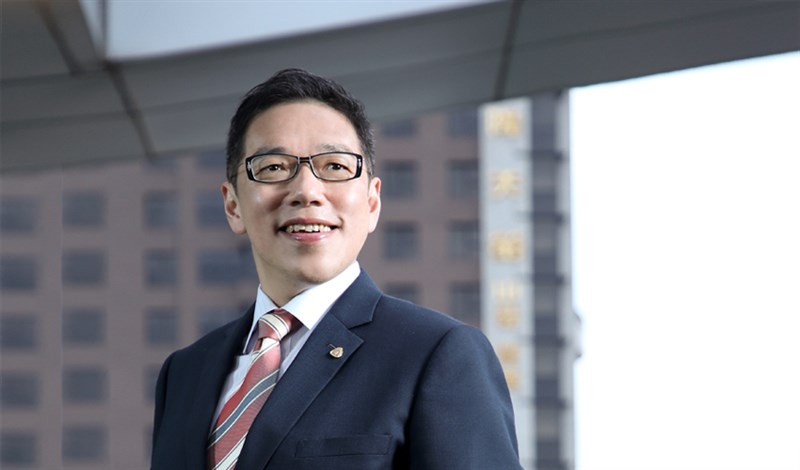Editor's Note
2021.01
Taiwan Serves as a Model for the World

Notwithstanding when the Zheng clan used Taiwan’s location for the pirate economy, ever since the Age of Discovery, Taiwan has always imported other development models. The export of cash crops from colonial Taiwan, to rice cultivation in the Qing Dynasty, to rice and sugarcane during Japanese occupation, to post-war import substitution and export expansion, all combined Taiwan’s natural resource exports with labor cost advantages to support its economic development. The Taiwan Export Processing Zone and Hsinchu Science Park, under the flying geese paradigm, are particularly representative of the emerging market industrialization process. These factors eventually allowed Taiwan to step onto the world’s stage as one of the four Asian tigers. After the turn of the 21st century, however, after Taiwan and China’s simultaneous accession to the WTO, and with high hopes for China's smooth integration into the post-war global order, supply chain restructuring made China the world’s factory, giving Taiwan a dilemma: either invest westward, or face stagnation at home. It became difficult for Taiwan to participate in international free trade areas, and cross-strait economic cooperation has also been restricted by political issues, causing pessimism and long-term economic stagnation. Since 2019, though, the trade war has highlighted the advantages of Taiwan’s positioning between two great powers. It was precisely because Taiwan felt the effect of China’s rise on its manufacturing industry before the rest of the world, and because its economic growth has also been constrained by China’s ‘wolf warrior’ nationalism, that the administration of President Tsai Ing-wen used the New Southbound Policy and green energy policies to reduce its reliance on the Chinese market, helping Taiwan find ways to sustainably grow its own economy. In particular, the government knew better than to take Chinese officials at their word. Taiwan learned from its experience in the 2002-03 SARS epidemic that it could not rely on Beijing to be forthright about public health dangers. Thus, even in this pandemic's fledgling stage, Taiwan was well prepared to safeguard the country. It established an epidemic management system for strategic medical supplies, combining health care and information systems. More importantly, its transparency and accountability under a democratic system showed the world that authoritarians should not have the last word on pandemic control. With a responsible government, there is no need for authoritarian leadership. It is possible to protect life and safety and freedom of speech and thought at the same time. Taiwan’s days as a hub for making inexpensive consumer goods (it was once known as the "umbrella kingdom") are long gone. Amid the trade war and as the pandemic ebbs, returning businesses from Taiwan and other global investors will set up plants in idle industrial parks across Taiwan. Major global IT companies are now setting up R&D centers to attract top global talent. Tainan no longer needs to wait around for orders of regional specialties; rather, it has become a semiconductor manufacturing powerhouse. In this time of great changes, Taiwan, like a young person growing up to meet the challenges of the world, has entered a new development stage. Cooperation by over 20 million people, as well as the administrative efficiency of the Tsai administration and the Premier Su Tseng-chang cabinet, helped Taiwan survive and thrive in a difficult 2020. It has also been these trials which have shown the deep foundations of Taiwan’s industry and the important lessons of its bumpy experience in democratization for democracies around the world. With Taiwan’s achievements, President Tsai is now among the world’s most important leaders. Taiwan’s growth ranks among the top in world, its stock market has risen sharply as overseas capital has poured in, and its confidence has increased greatly. Its pandemic response and experience with Chinese competition has made it a model for the world, for the first time in four hundred years. Let this year mark a new beginning.



